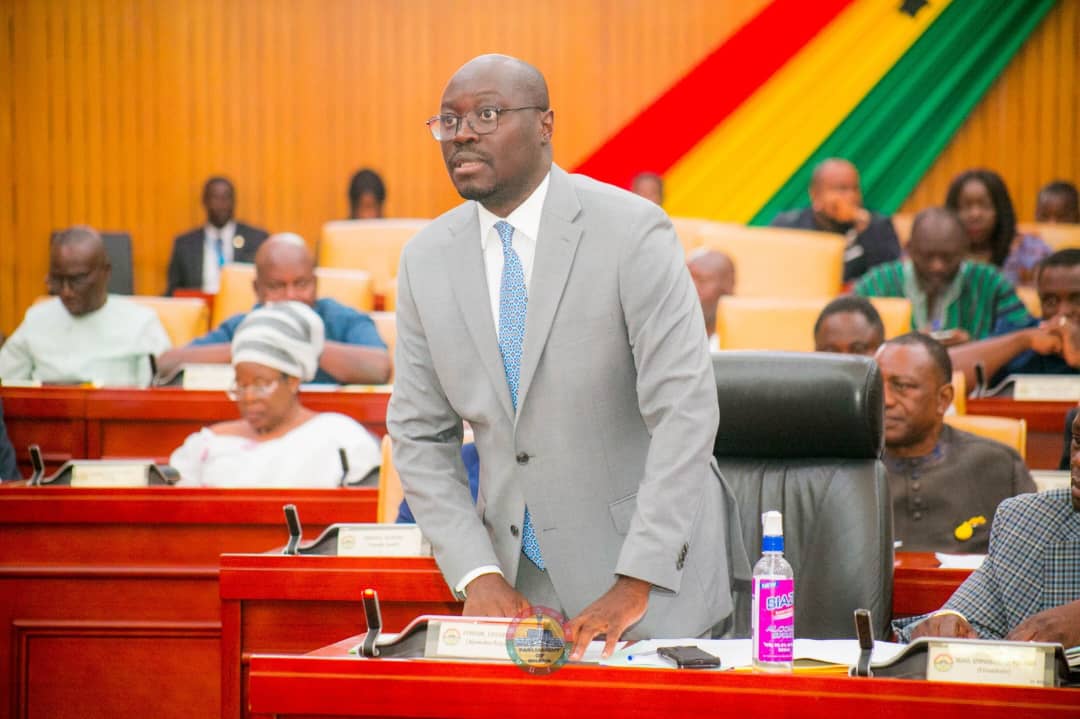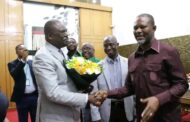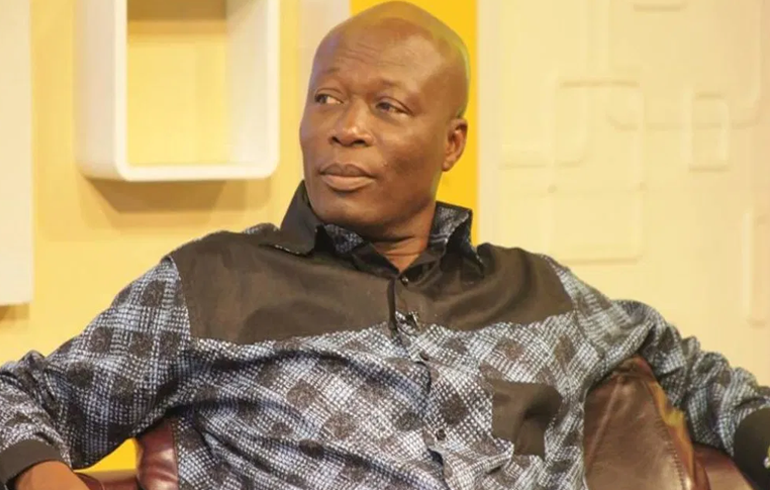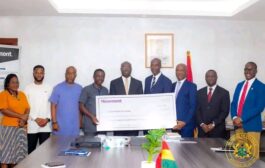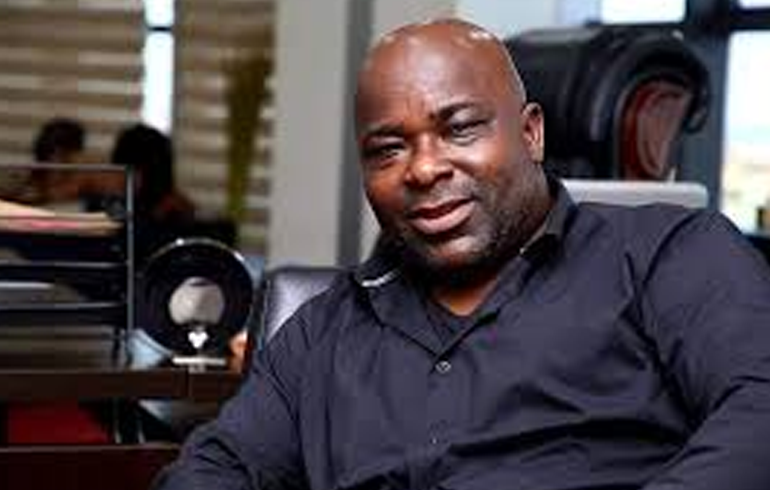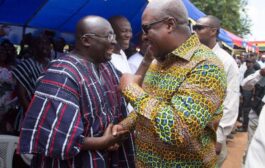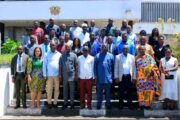The Member of Parliament for Ofoasi Ayirebi, Kojo Oppong Nkrumah, has called on Finance Minister Dr. Cassiel Ato Forson to deliver on his ambitious pledge to raise Ghana’s tax-to-GDP ratio from 13.8% to 18% without introducing new taxes or rebranding existing ones.
This bold target, announced during Dr. Forson’s vetting in Parliament on January 13, 2025, has sparked significant debate across the political spectrum.
Dr. Forson’s proposal comes at a critical time, as the government plans to eliminate contentious taxes, including the E-levy, Covid levy, and betting tax, which collectively generate over GH¢20 billion annually. Despite this, Dr. Forson aims to grow revenue by an additional GH¢50 billion through improved tax compliance and efficiency measures.
Addressing Parliament on January 22, Oppong Nkrumah commended the vision but expressed skepticism over its feasibility. “Dr. Forson promises to remove about GH¢20 billion in revenue while increasing tax collection by another GH¢50 billion. We expect him to achieve this without imposing new taxes or disguising existing ones. If he succeeds, we are ready to support him,” he stated.
During his vetting, Dr. Forson highlighted Ghana’s untapped potential in tax revenue, emphasizing the need for structural reforms rather than increased taxation. He argued that inefficiencies within the tax system and low compliance rates were key barriers to achieving higher revenue.
“Our aim is to raise the tax-to-GDP ratio to 18% in the medium term, which will bring us closer to the standards of our peers,” Dr. Forson explained. However, he dismissed a more ambitious 20% target by 2027 as unrealistic given the nation’s economic challenges.
A recent study, Survey of the Ghanaian Tax System, revealed that while Ghana’s tax-to-GDP ratio has improved marginally since 2000, progress has stagnated in recent years. The country’s current ratio is comparable to sub-Saharan African averages but trails behind global benchmarks for lower-middle-income nations. The report also noted a decline in revenue from international trade taxes, offset by growth in corporate income tax, personal income tax, and VAT.
To achieve his goals, Dr. Forson pledged to collaborate with the Ghana Revenue Authority (GRA) and the Ministry of Finance’s Tax Policy Unit to enhance tax compliance. He also vowed to eliminate so-called “nuisance taxes,” including the betting tax, which he described as negligible in its revenue contribution.
As Ghana navigates these reforms, all eyes remain on Dr. Forson to deliver on his promises. His success—or failure—could redefine the country’s economic landscape and set a new standard for public revenue management.
Source:Mybrytfmonline.com/Gumedzo Isaac Acheampong



